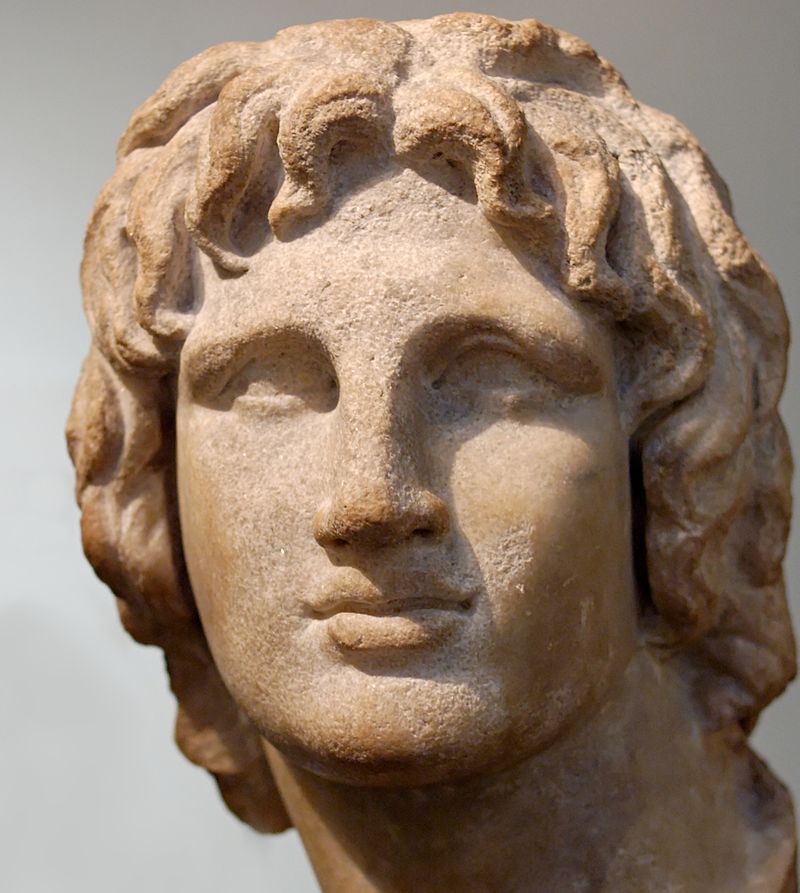I’ve been ruminating lately on what it means to be ‘ordinary’. We live in a society where we’re told, from being very young, that we should strive to be extraordinary: be famous, be beautiful, be clever, be rich. Alexander the Great had conquered half the world by the time he was, what. seven? Why haven’t you written a dozen best-selling novels by the age of 36? Hell, why haven’t you written ONE? Everyone wants to be descended from Cleopatra, but then gets disappointed when they find out that their Who Do You Think You Are moment is back to back Welsh miners and Irish labourers (hiya, ancestors!)

At the same time, we’re told that ordinary people can achieve extraordinary things- especially in a pandemic. Protests, Major Tom, staying at home to combat the virus. But it doesn’t really compare, really, when you’re looking at those 30 under 30 lists and feeling like you’re hurtling towards insignificance. We’re all meant to achieve something before we’re forty, or else (as society puts it) we’re for the scrapheap. Societal gaslighting at its finest.
But what if we rejected this narrative? Embraced just being ordinary, whatever that means for each of us. I grew up in a very working-class, northern family in the 90s, where standing out was frowned upon, where being bullied was thought as probably being partly my fault because I went out of my way to stand out (I didn’t. I was just an eccentric child, a trait that I am noticing is developing in my own child, but which I embrace, rather than squash.) I didn’t pursue my interest in acting because it wasn’t a ‘real job’. I suspect my journalism degree was only tolerated because it might lead to a job and also I needed an A-level in English, which was seen as a proper subject. Ironically, being taught that I shouldn’t stand out meant I didn’t have the guts to try and get an actual job in journalism and that my confidence means I’m always a bit squeamish when chasing writing jobs and rarely think I’m good enough to do so. Tough crowd, your inner critic.
Being extraordinary looks quite tiring and, as I experienced burnout as a teacher, I’m not sure I’m really built for it. Sure, it’d be nice to have some of the things that come with being special. Maybe sometimes I’m a bit jealous. But not so much that I can’t feel pride for my friends when they achieve things I wish I could do. I know a lot of writers who have actually published books.
But. There have been times when I have been grateful for my ‘ordinary’ life. I am immensely privileged to have a nice life, much easier than that I grew up in. I have everything I need and I do not live in fear. I have a job. I am well and my kid and husband are healthy. Everything is in a fine balance and right now the plates are balanced without too much spinning from me. As a lifelong anxiety sufferer, I am always ready for the next catastrophe and 2020 has felt like the Olympics for me. I can’t rest on my laurels for too long.
And 2020 has felt like the year of the ordinary person. It has been them who have stood up when those we are told are extraordinary have screwed up- delivering meals, protesting injustice, helping those who need it. We can’t always depend on the extraordinary to do the right thing, we have learnt this year. We have to stick together, in our ordinariness. If we do that, we can support the quietly extraordinary people who work behind the scenes- not the dodgy politicians spouting about how we don’t believe in experts, but the actual experts- to do what they need to do to help everyone. Nobody is an island. It’s just some islands are less showy than others.
Going back to the ancestors thing- we shouldn’t be disappointed when we learn we’re not descendants of Cleopatra or Edward I or whoever. Think about all those generations who went before you, all the quite probable ordinary lives (unless you’re hugely aristocratic, or something) that led to you being here. All the disease, the war, the mistreatment, the malnutrition that was survived in order to produce you. You are here because of those so-called ‘ordinary’ people who BBC producers would probably think were too boring to produce an hour long show about.
Embrace your ordinariness. There’s a hell of a lot to be said about it.